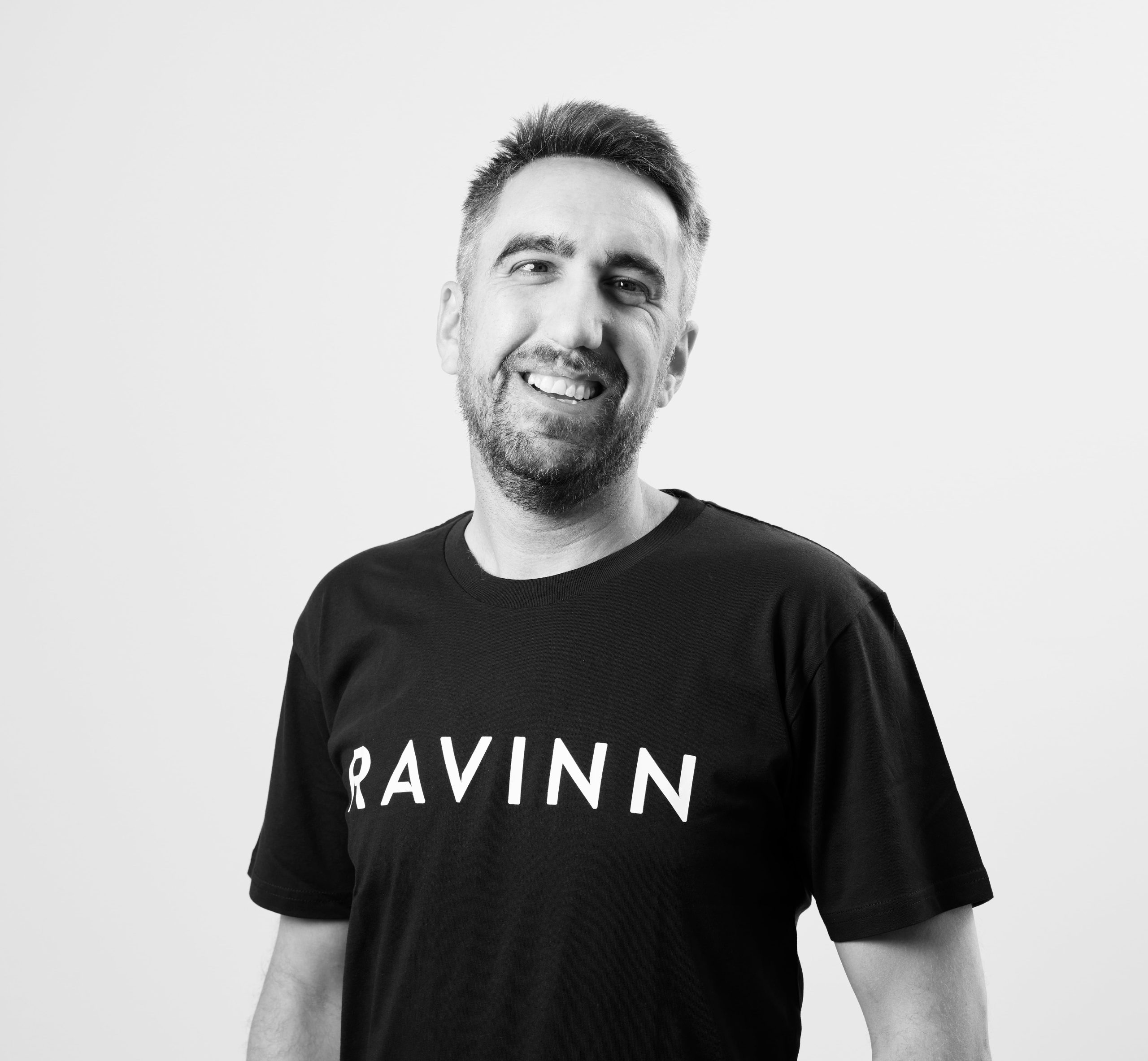My first client consultancy: Armed with Two Lessons
It has been said that one of the more challenging aspects of leaving the military, especially for those that have served an extended period, is deciding what to wear each morning. ‘Dress of the Day’ as it is commonly known, is just one of those many decisions that are made for you as a serving member -like what time you turn up to work each day. For some, this may seem draconian, yet it instils several core ethos and values that have been fundamental in my own personal journey. So even before my first official day with Ravinn, I knew this experience as ‘a civilian’ was going to be different.
After 17 years of combined service in the Royal Australian Navy (RAN) and the Australian Public Service (APS), meeting with the Founder and Managing Director of Ravinn on a rooftop for coffee seemed quite strange at first. It was made all the more strange with the casual nature of his apparel as I felt quite overdressed for the occasion. Yet it didn’t take long before I became comfortable as he explained his philosophy and business mentality for Ravinn. I knew I had a lot to offer in the form of knowledge and experience, and I was pretty much sold after our initial meeting; but there was still that uneasy feeling in the back of mind that maybe I wasn’t good enough for consultancy work.
I employed two lessons gained from my service in my approach to my first consultancy project – the first being how to truly set quantifiable goals, and the second in how to manage expectations. With goal setting I used the SMART methodology of Specific, Measurable, Achievable, Realistic and Time-bound; albeit an acronym I had never heard before joining the APS. My first attempt was actually rather linear and ultimately failed – not from a lack of trying but rather lack of foresight. I had failed to consider my environment and the external forces that influence our daily lives. I learnt that plans, like goals always seem to go awry, hence the need to be flexible and adaptable to changing circumstances. In hindsight this seems ironic since I worked in security operations where every day is potentially a new crisis waiting to happen.
The second lesson I called upon was the value of expectation management. Unlike goal setting, expectation management is the process of accepting changes in circumstances and adapting to influences beyond your control. For me personally, I found that it is more sustainable to be upfront and forthright about deliverables that have deviated from the original agreed-upon goal. I learnt that it is ok to say you don’t know how to do something. Admitting where we fall short has become a sign of strength whereas it hasn’t always traditionally been so. In dealing with expectations of others, my experiences taught me to communicate well and regularly as the best way to achieve results for all.
And so armed with the two aforementioned lessons, I jumped into my first client consultancy role to improve part of our client’s cyber resiliency procedures and practices. The activity was a great success with the client impressed with the level of detail, thought and adherence to their environment, requirements and constraints. Ravinn delivered a suite of products that will form the basis for the clients’ enhanced security posture now and into the future.
And what did I learn from this experience? It reinforced the two lessons which featured in my approach and which I firmly believe play a fundamental part in a client-consultant relationship.
There are always unknowns to the desired outcome but setting SMART goals provides an initial structure and priorities. The client had a broad vision of what they wanted but otherwise a reduced scope of their idea of success. My challenge was to develop an outcome that complemented their maturity and capability whilst being tailored specifically to their environment and posture. With minimal direction, I had developed a solution that moulded into their existing structure and could be adapted to other processes.
A key component of managing expectations, is being able to manage one’s own. I learnt to trust myself more and to have a little more faith in my knowledge and skillsets. I think we all at some point or another feel inadequate to the task at hand and whilst there will be instances where I won’t know how to do something, I know that I do have a wealth of exposure that I can draw upon to guide me
Brett Minett
Avid tennis fan, Veteran, GRC Consultant



